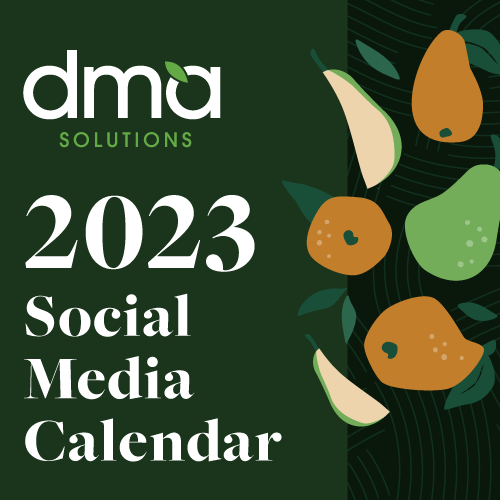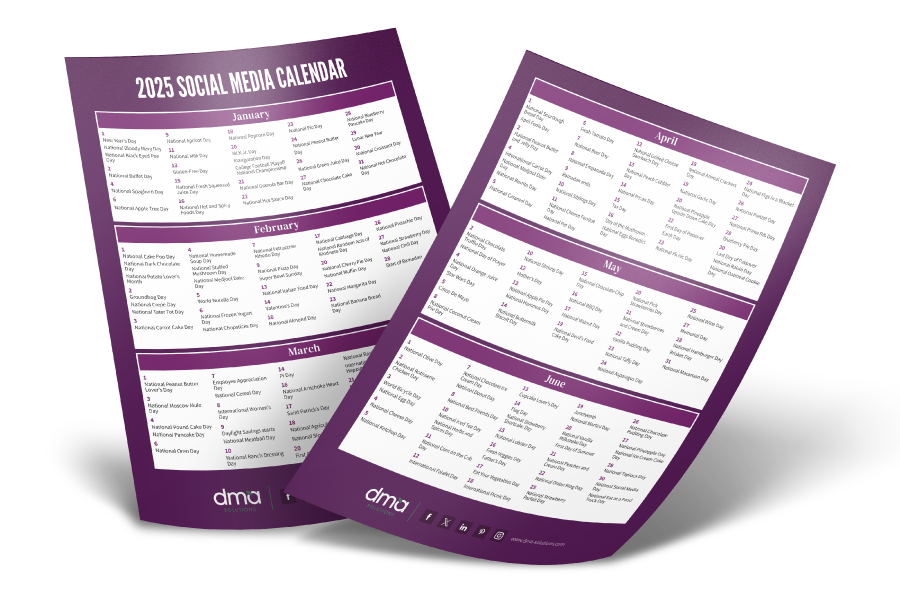You may have overheard someone say that something has been “cancelled” in recent years. Well, they probably weren’t talking about their afternoon meeting or favorite TV show…they were most likely talking about an individual or a brand. Being “cancelled” has become a figure of speech for something or someone that is essentially being shunned by society for behaving in a way that’s controversial.
What it Means to be “Cancelled”
Another buzz term surrounding the word “cancelled” is Cancel Culture.
Cancel culture is the so-called “call-out” culture to which today’s generation has become accustomed to. Widespread outrage covering certain issues is typically what leads to someone or something being cancelled. The news on such issues spreads like wildfire thanks to our dear friend social media, where images and information can be posted and reposted thousands of times over. Cancel culture is very contagious as today’s society is eager to believe what they read on the internet. That’s not to say that the details spread by cancel culture are false or only rumors, but it can lead to misinformation and significant misunderstandings. There are plenty of devil’s advocates out there who are willing to hear out the perpetrator before society attempts to eliminate them completely.
Let me give you an example of what it means to be cancelled. Ellen DeGeneres. The theme of her show, “The Ellen DeGeneres Show”, is to be kind and do good to and for others. In July 2020, Buzzfeed released an article exposing some not-so-nice things about Ellen DeGeneres including several accusations of not practicing what she preaches in terms of kindness. After this article was released, people elevated anecdotes about what it was like working with DeGeneres, and “Cancel Ellen DeGeneres” even became a trending topic on Twitter. This is just one of the many examples of how cancel culture can ostracize someone rapidly and extensively.
In September 2020, DeGeneres stated that she “learned that things happened here that never should have happened. I take that very seriously. And I want to say I am so sorry to the people who were affected”. Many people continue on in their careers and can even bounce back from being canceled; however, Ellen announced her decision to end her show following the 19th season and that she had been planning to do so since season 16.
What happens if cancel culture comes for you?
Don’t panic! There is a solution and its name is public relations. Prior to DeGeneres announcing her decision to end her show, she hired a crisis PR team. Crisis communications is a specific form of PR that is aimed at combating damages for an organization or individual by defending and protecting them. There are essentially three phases of crisis communications tactics: pre-crisis, crisis, and post-crisis.
There are several things you can do pre-crisis, or ideally no crisis at all, to avoid being cancelled! These preventative measures include but aren’t limited to: thinking smart when determining your brand voice, treading lightly as an individual or organization when taking a public stance on controversial issues, and staying educated on worldly topics as well as social norms that are developing. It’s also important to make a strong effort towards being sure your brand is inclusive of all genders, races, ethnicities, and disabilities!
Looking to strengthen your public relations? Contact us or check out our list of marketing services that can help! Whatever you do in the meantime, don’t get cancelled.












